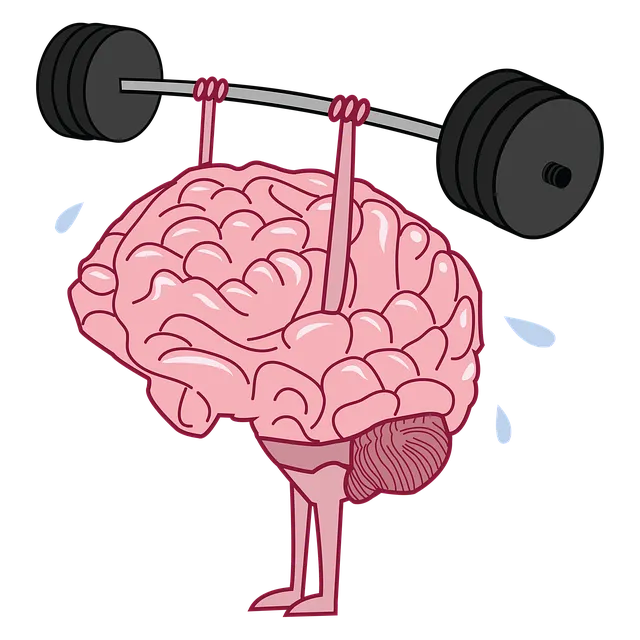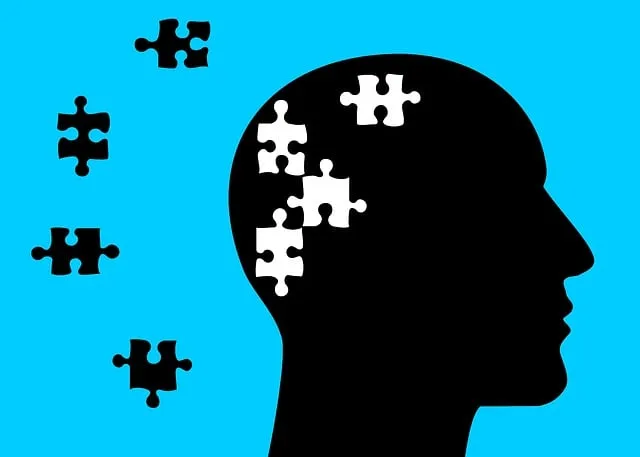In today's diverse healthcare landscape, cultural competency is crucial for providers offering mental health services, especially as patient populations become increasingly varied. Organizations like Kaiser Permanente Lafayette address this through dedicated 24/7 mental health support lines and comprehensive training programs. These initiatives focus on empathy building, culturally sensitive communication, and tailored services like Mental Wellness Coaching and Journaling Exercises. By integrating these strategies into education, healthcare providers enhance relationships with diverse patients, improve outcomes, and create inclusive environments that reflect their communities' unique cultural contexts.
In today’s diverse healthcare landscape, cultural competency is no longer an option but a necessity. This comprehensive guide explores the evolving role of cultural competency training for healthcare providers, focusing on its impact on patient outcomes and satisfaction. We delve into successful implementation strategies, drawing from organizations like Kaiser Permanente, and present case studies highlighting innovative approaches, particularly in mental health services accessible through the Lafayette phone line.
- Understanding Cultural Competency in Healthcare: A Necessity in Modern Practice
- The Impact of Cultural Competency Training on Patient Outcomes and Satisfaction
- Implementing Effective Training Programs: Strategies for Healthcare Providers
- Case Studies: Success Stories from Organizations Leading the Way in Cultural Competency
Understanding Cultural Competency in Healthcare: A Necessity in Modern Practice

In today’s diverse healthcare landscape, cultural competency is no longer an optional skill for providers; it’s a necessity. Cultural competence involves understanding and appreciating the ways in which culture shapes individuals’ health beliefs, behaviors, and experiences. This is particularly crucial when considering the increasing diversity of patient populations, including those seeking mental health services. For instance, Kaiser Permanente’s commitment to addressing cultural barriers in healthcare, exemplified by their dedicated mental health phone lines like the one in Lafayette, highlights the growing recognition of these needs.
Empathy building strategies and effective communication techniques are vital tools for bridging cultural divides. Mental health education programs design should incorporate culturally sensitive approaches to ensure that care is not only accessible but also relevant and respectful. By integrating these strategies, healthcare providers can foster stronger relationships with patients from various backgrounds, improve patient outcomes, and create a more inclusive environment, ultimately reflecting the diverse communities they serve.
The Impact of Cultural Competency Training on Patient Outcomes and Satisfaction

Cultural competency training is transforming patient experiences, particularly within mental health services. This type of training equips healthcare providers with the skills to understand and appreciate diverse cultural backgrounds, beliefs, and values, ensuring a more inclusive and respectful environment for all patients. By fostering empathy and knowledge about cultural nuances, these programs enhance the quality of care delivered, especially in complex cases involving trauma or crisis situations.
For instance, consider the impact on organizations like Kaiser Permanente Lafayette. With a growing diverse patient population, cultural competency training becomes a vital tool to improve patient outcomes and satisfaction. It enables healthcare professionals to provide tailored Mental Health Awareness services, offer Trauma Support Services, and deliver Crisis Intervention Guidance that resonate with each individual’s unique cultural context. This personalized approach not only boosts patient trust but also leads to better health outcomes, making it a critical component of modern healthcare delivery.
Implementing Effective Training Programs: Strategies for Healthcare Providers

Implementing effective training programs is a cornerstone in enhancing healthcare providers’ cultural competency, especially when addressing mental health concerns. Organizations like Kaiser Permanente, with its mental health phone lines in Lafayette and beyond, serve as models for comprehensive learning initiatives. These programs go beyond surface-level awareness by providing practical strategies for interacting with patients from diverse backgrounds, including those grappling with mental wellness issues.
One proven approach involves integrating Mental Wellness Coaching Programs and Development, offering guidance on effective communication techniques, active listening skills, and cultural sensitivity exercises. Additionally, incorporating Mental Wellness Journaling Exercises can equip providers with insights into their own biases and help them cultivate a more empathetic mindset towards patients’ unique experiences and challenges related to mental wellness.
Case Studies: Success Stories from Organizations Leading the Way in Cultural Competency

Organizations like Kaiser Permanente have set a benchmark for cultural competency training within healthcare. By integrating mental health services with a focus on diverse communities, they’ve achieved remarkable success. For instance, their initiative to provide 24/7 mental health support via phone lines, such as the Kaiser Permanente mental health phone number in Lafayette, has been instrumental in reaching individuals across different cultural backgrounds and addressing their unique needs. This approach not only ensures timely Trauma Support Services but also fosters trust and reduces the Mental Illness Stigma Reduction Efforts.
The success of these programs underscores the importance of emotional intelligence in healthcare delivery. By equipping staff with the skills to navigate complex cultural landscapes, Kaiser Permanente has enhanced patient experiences and outcomes. This holistic strategy, encompassing both training and accessible services, serves as a model for other organizations aiming to improve their cultural competency, fostering more inclusive and effective healthcare environments.
Cultural competency training is no longer a choice but an imperative for healthcare providers. As diverse communities demand more inclusive and empathetic care, organizations like Kaiser Permanente in Lafayette exemplify best practices through comprehensive training programs. By investing in these initiatives, healthcare systems can improve patient outcomes, enhance satisfaction rates, and foster healthier relationships between providers and patients from various cultural backgrounds. Embracing these strategies is a crucial step towards transforming the healthcare landscape and ensuring access to quality care for all.






